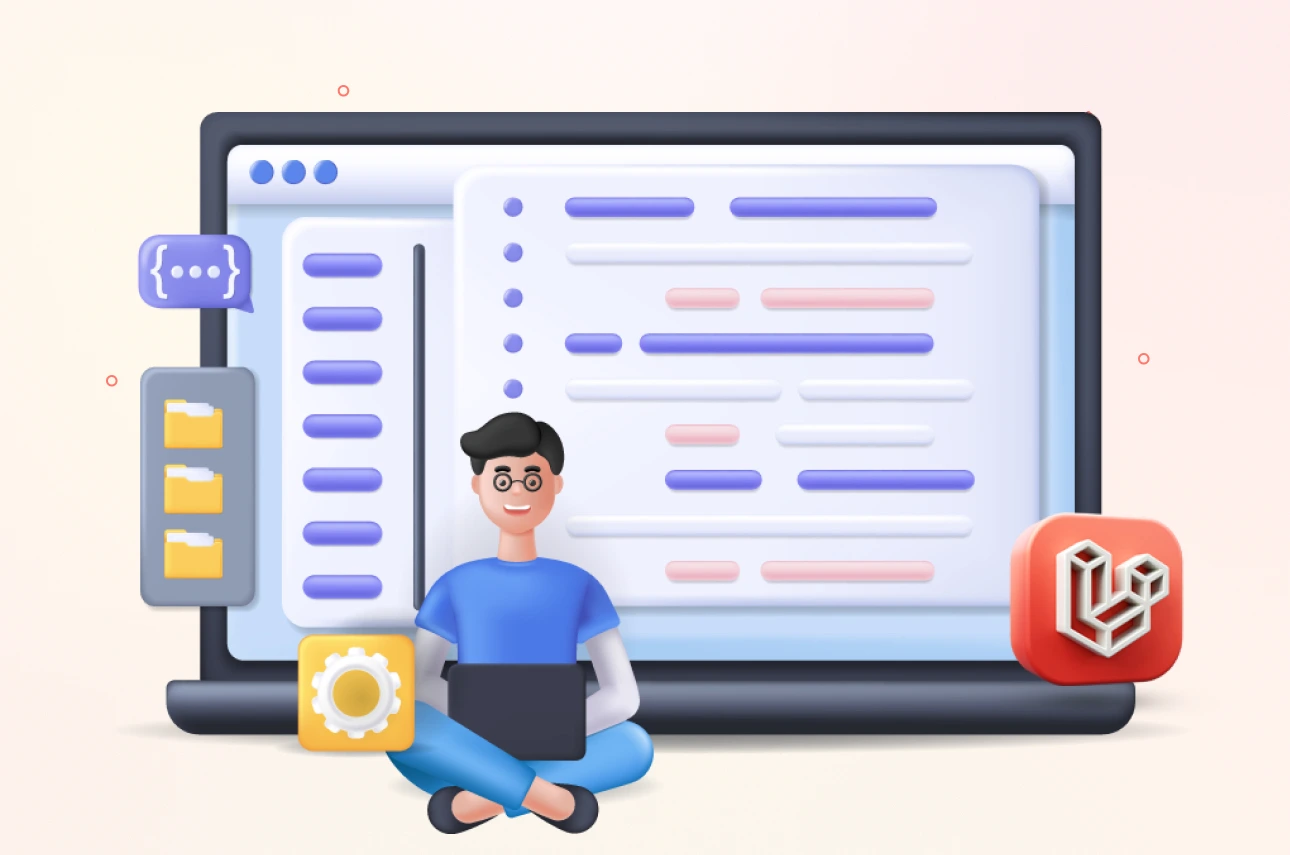Introduction
In today’s digital era, the landscape of web application development is continually evolving, with businesses striving to provide exceptional user experiences and streamlined operations. Modern enterprises are now seeking innovative solutions to stay competitive, drive growth, and ensure their web applications are not just functional but also efficient and scalable. This shift has led to the emergence of advanced frameworks that cater to the complex needs of today’s web development projects.
Brief on Modern Web Application Development
Modern web application development has transcended traditional practices, embracing new methodologies, tools, and frameworks to deliver robust, scalable, and high-performance applications. The focus is on creating applications that are responsive, secure, and able to handle large volumes of data and traffic. Developers are leveraging modern programming languages, adopting agile methodologies, and implementing continuous integration and deployment practices to ensure faster delivery and high-quality software. The cloud has also played a pivotal role, providing scalable infrastructure and services to support the demands of modern web applications.
Introduction to Laravel Framework
Enter Laravel, a PHP framework that has gained immense popularity for its elegant syntax, robust features, and ability to streamline the web application development process. Created by Taylor Otwell, Laravel provides an expressive and fluent API, making tasks such as routing, authentication, caching, and others more accessible and developer-friendly. Laravel stands out in the crowded space of web development frameworks due to its emphasis on clean code, performance, and scalability, aligning perfectly with the demands of modern web applications.








